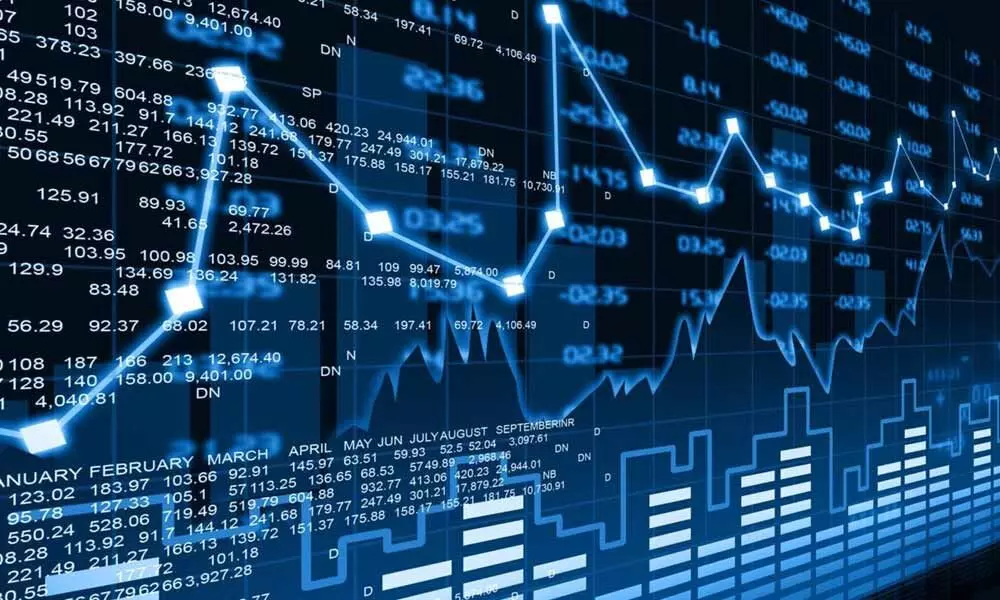Time to curb tech misuse in capital markets

Contraction will lead to directional move
Technology is transforming financial services sector in multiple ways.
Technology is transforming financial services sector in multiple ways. Especially, trading in stocks, debt instruments, forex and of late, crypto have seen wide adoption of technology-powered solutions. Usual dealer rooms that were bustling with traders taking trades manually are slowly giving space to software applications. Such automation has led to less human interface and more tech-applications driving the capital market. This phenomenon has led to rise of discount brokerage firms worldwide. From the US to India, fintech firms with user-friendly digital interfaces and technology-driven solutions are attracting new age users to the market and are snatching market share from established brokerage firms. Currently, executing a trade has been made seamless with faster feedback through AI-driven chatbots.
Such technology interventions have democratised the participation with more retail investors entering the market each passing day. However, technology has also given rise to many sophisticated trading options. Algo trading or algorithm trading is one of the most popular outcomes of technology-driven applications in the capital market. In simple term, it is a machine-driven trading service that can either suggest trades based on the data that is fed into the system, or automatically execute orders on user's behalf.
Currently, around 60-75 per cent of trading volume is coming through algo trading. This percentage is more in case of forex trading. In India, algo trading was introduced in 2008. Since then, trading volume- especially in derivatives space- has risen exponentially through this route. This is both good news and bad. At one hand, more retail traders are entering the market and even taking exposure to derivatives as seen in the last two years. But, most of these investors or traders are discretionary ones, which means they take decisions based on current market conditions manually. So, the competition against the big traders using algo is not in fair terms. Moreover, when retail investors start using algo without understanding the risk-rewards, he or she plunges into unknown territory.
In this regard, the market regulator SEBI has proposed that all orders emanating from application programming interface (API) of stockbrokers should be treated as algorithmic trading. This has raised concerns among the trading community on having adverse impact on liquidity. However, given the National Stock Exchange (NSE) fiasco, the market regulator's concerns seem to be valid.
In the NSE saga, it was alleged that technology had been put to advantage for a few people, resulting in huge gain for them. Preferential access to the exchange servers for low latency and faster & 'Tick-By-Tick' (TBT) data containing minute details about all trades and orders are the two aspects that sit at the core of this controversy. How far these allegations are true will be determined through ongoing investigations. But one thing came out of the whole saga is that technology has been used to favour a selective set of people. So, while the use of technology has eased many cumbersome processes and brought in huge efficiency to the capital market; its misuse can pose serious threats to its very existence. Therefore, use of technology in the capital market should be responsible and well-regulated to protect the interests of all stakeholders.










